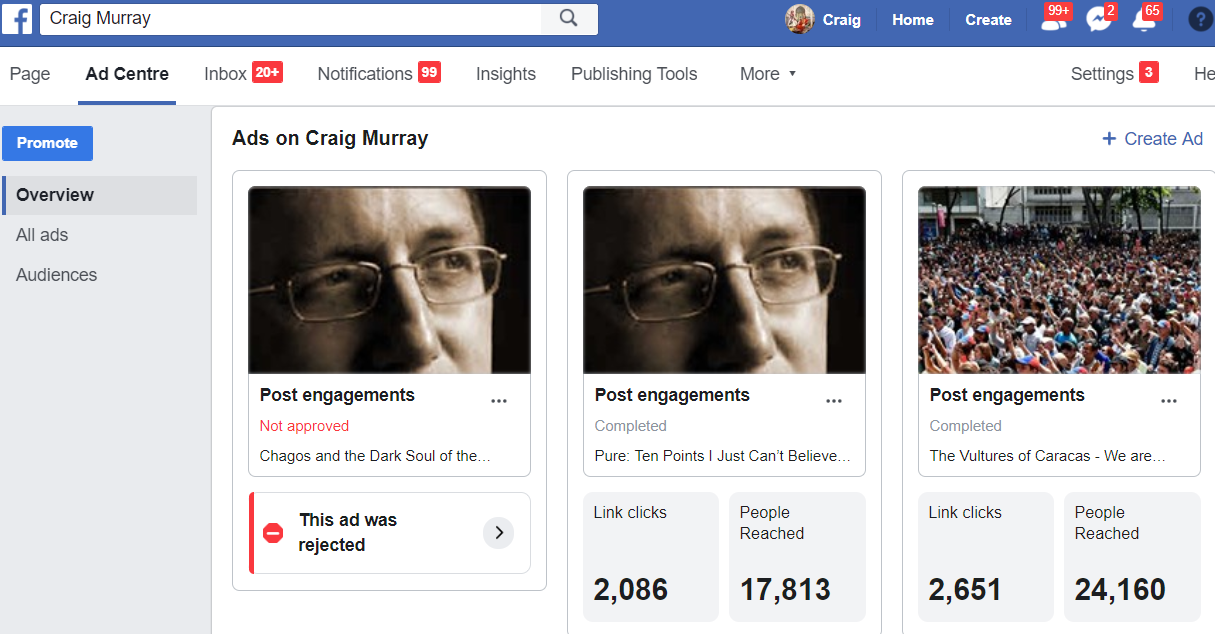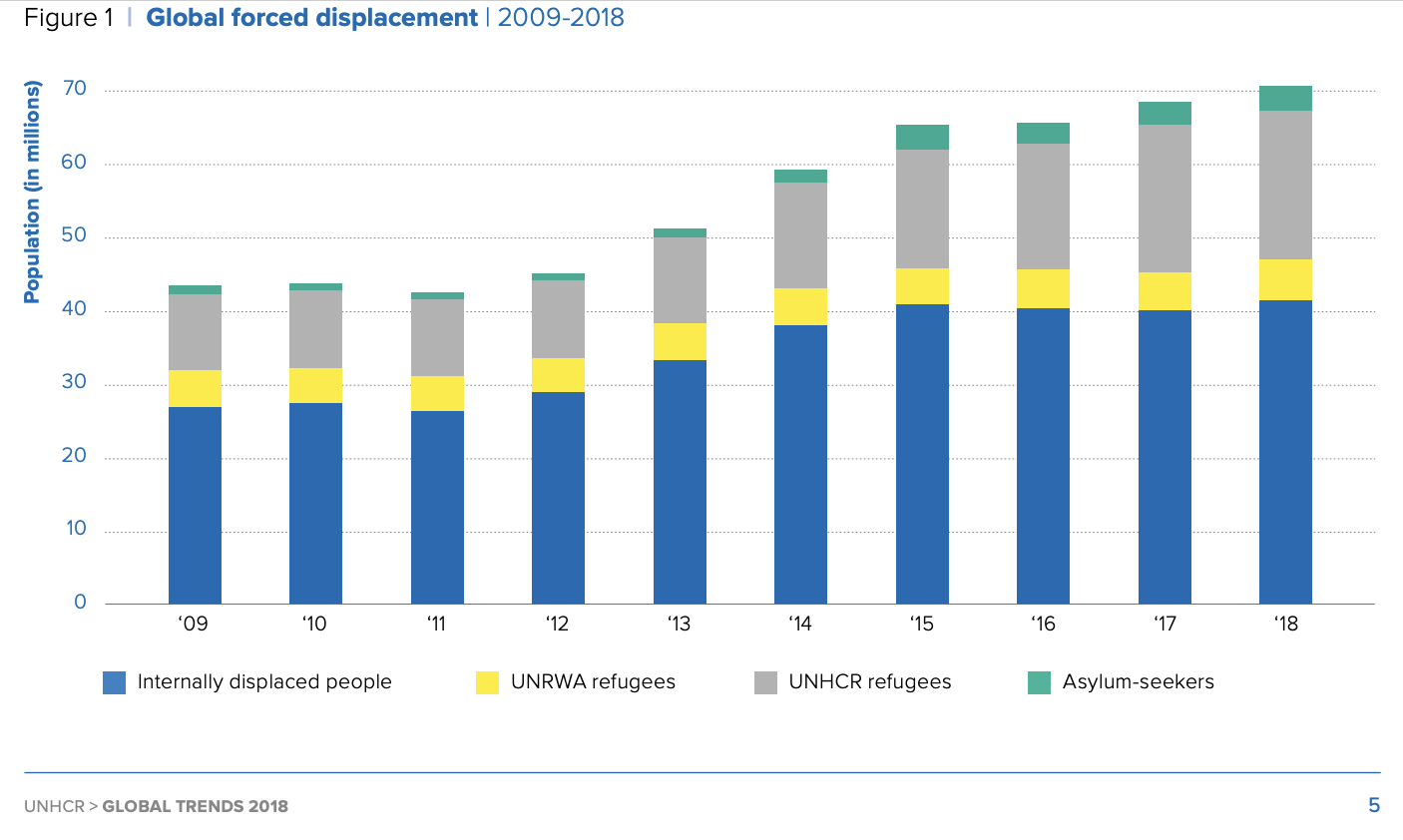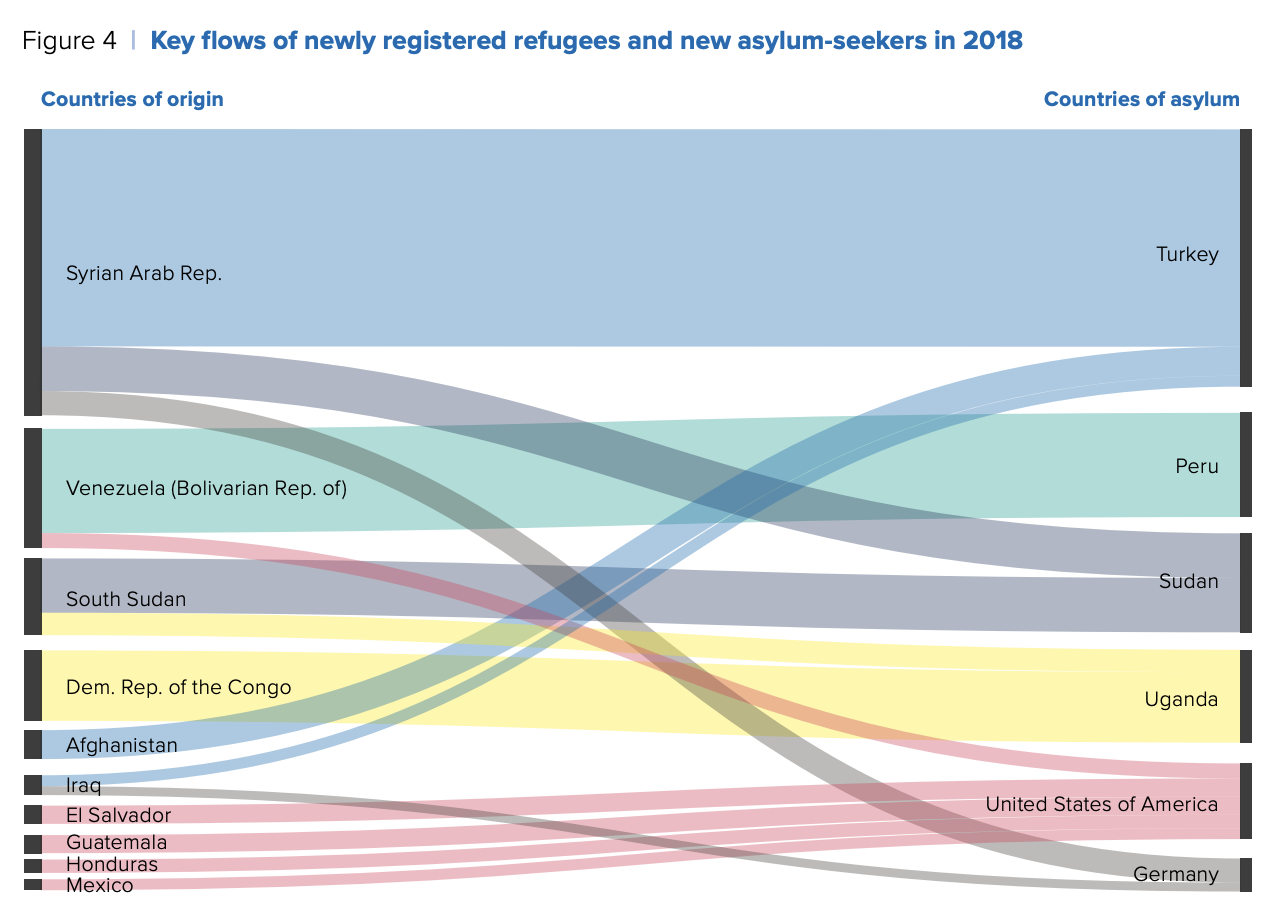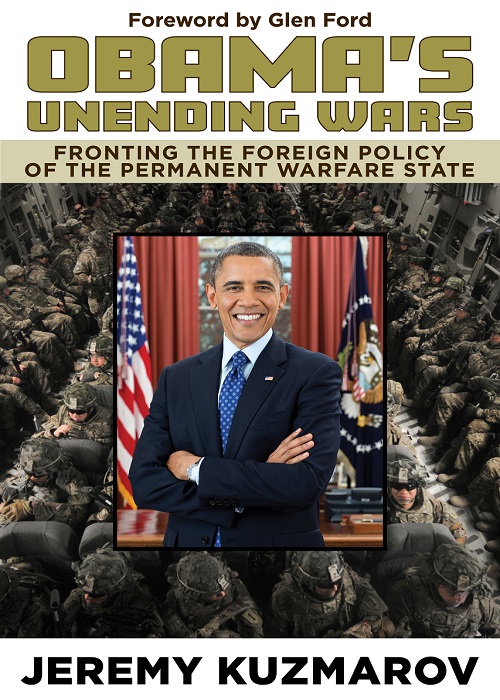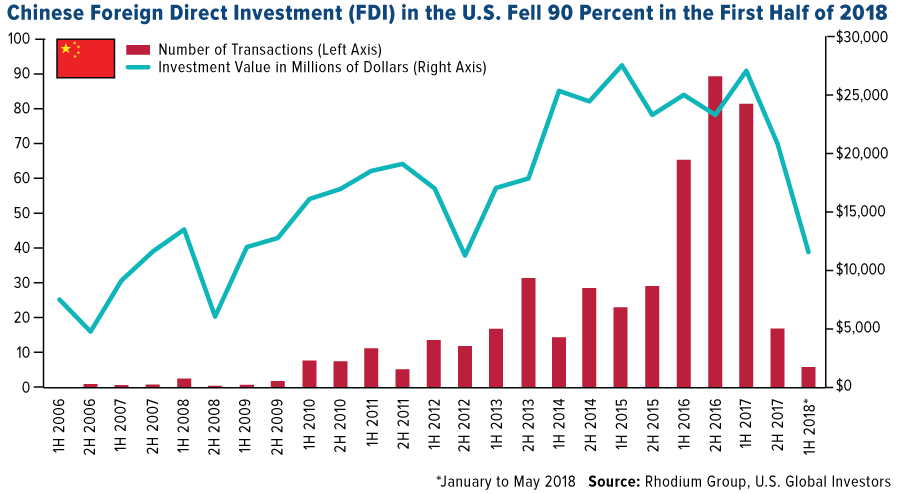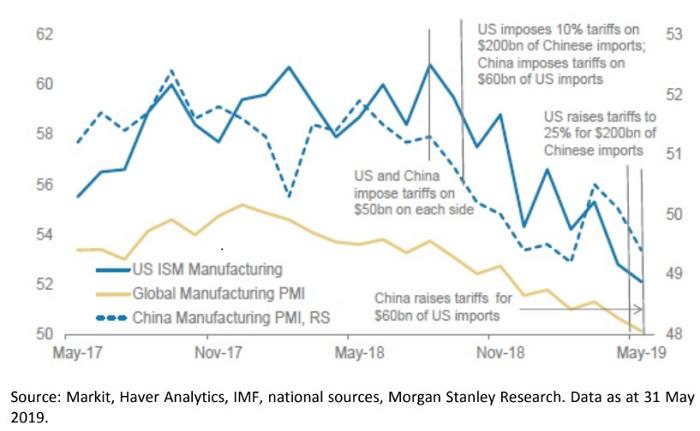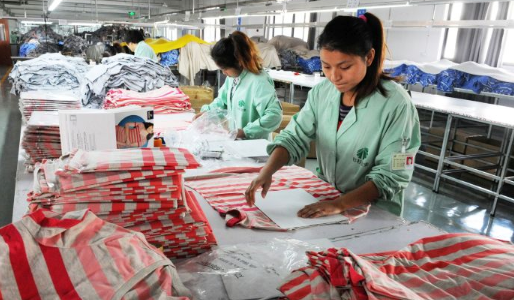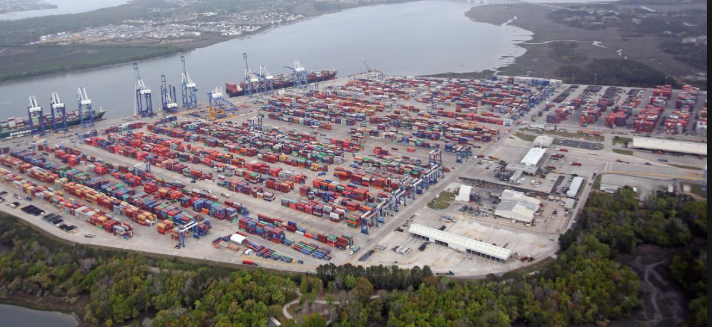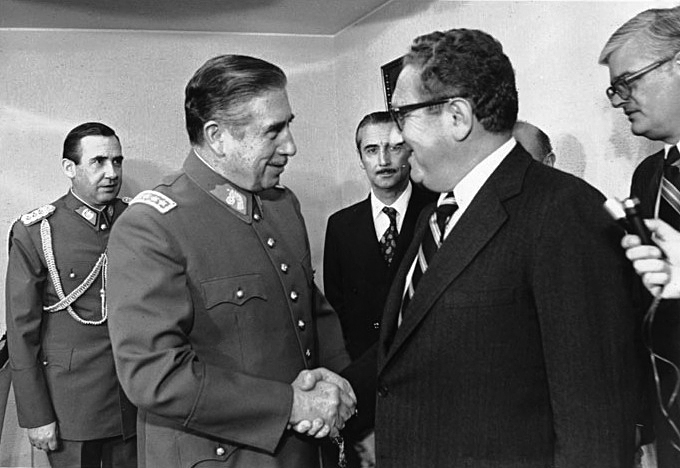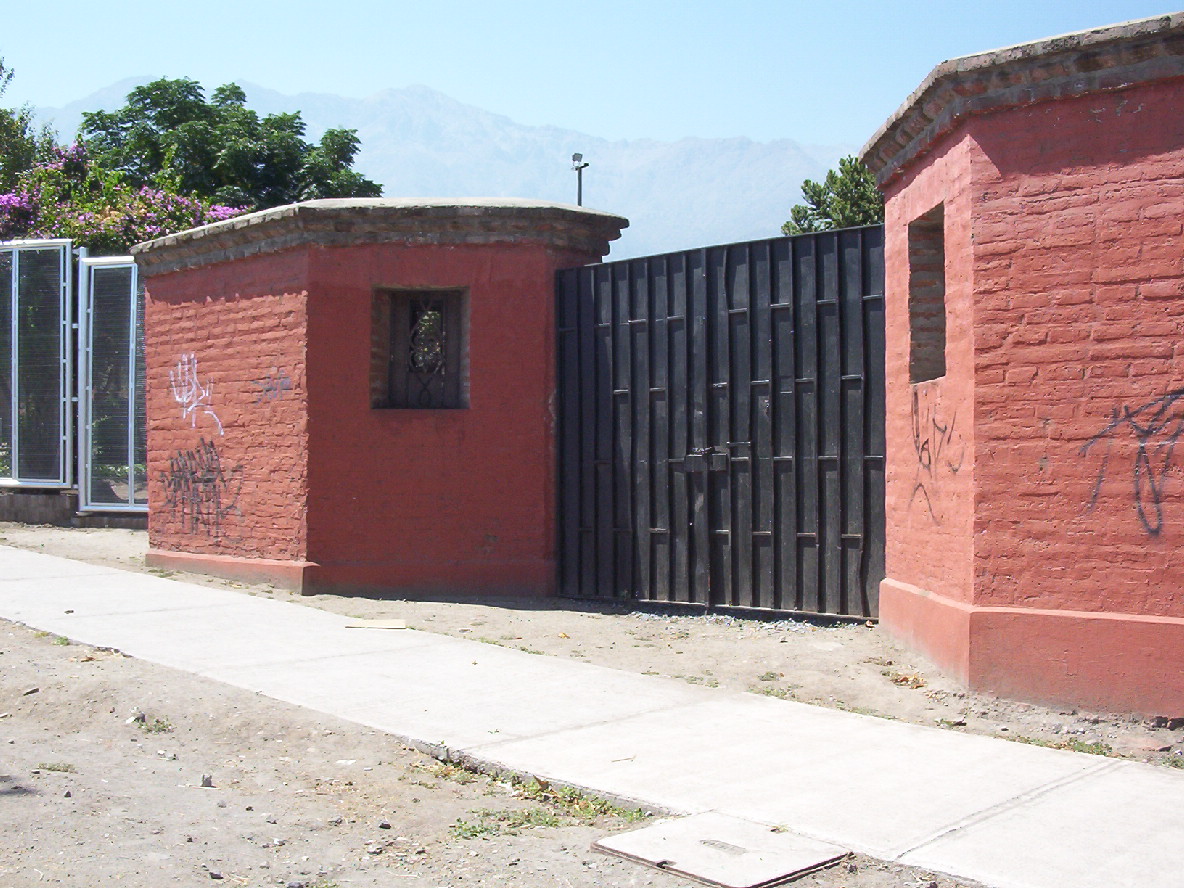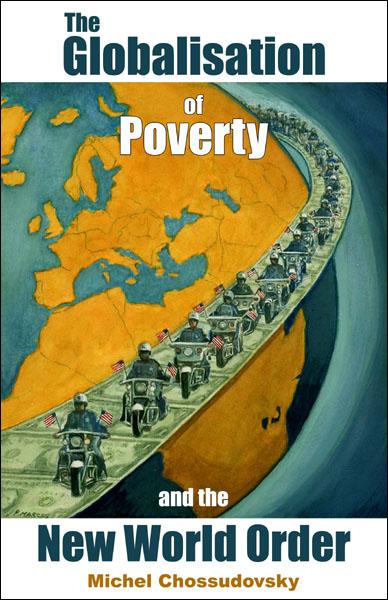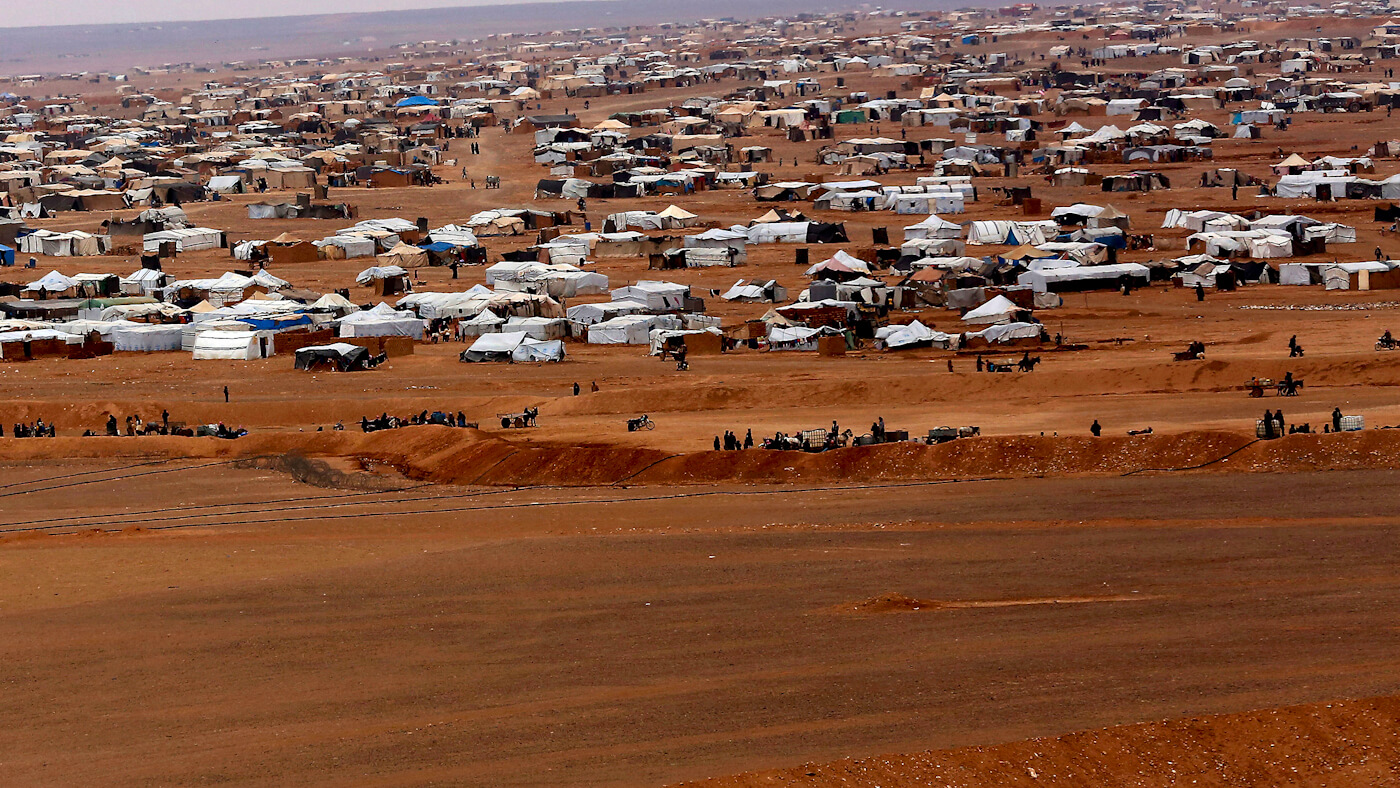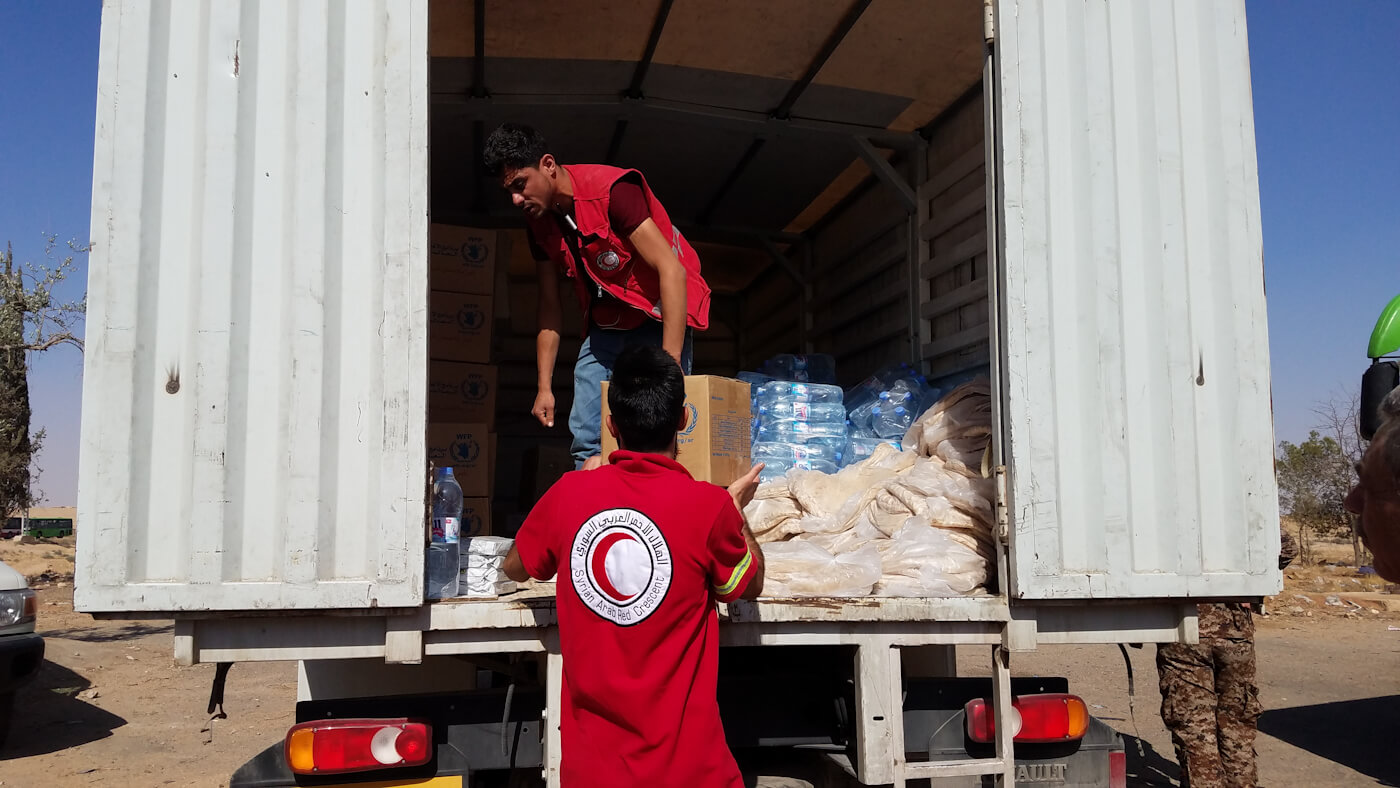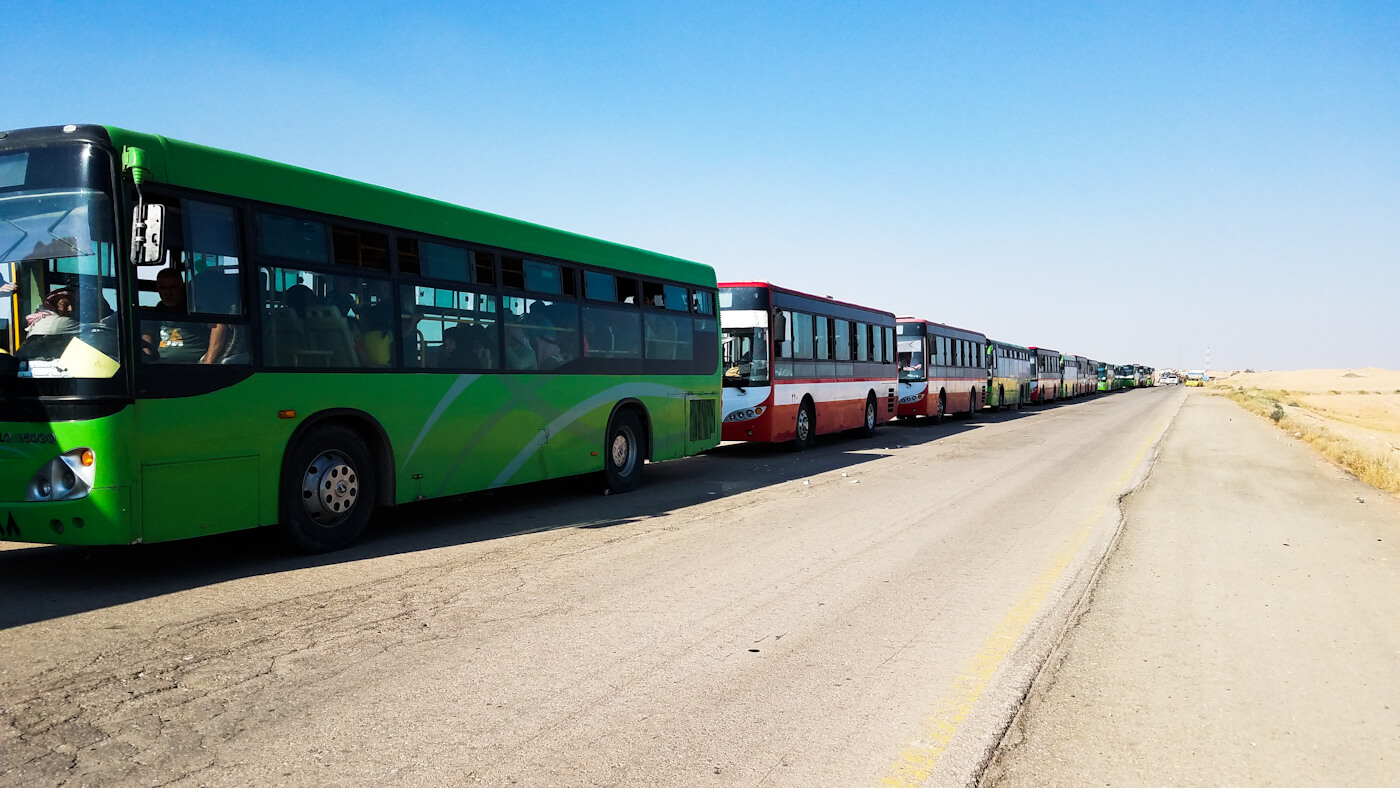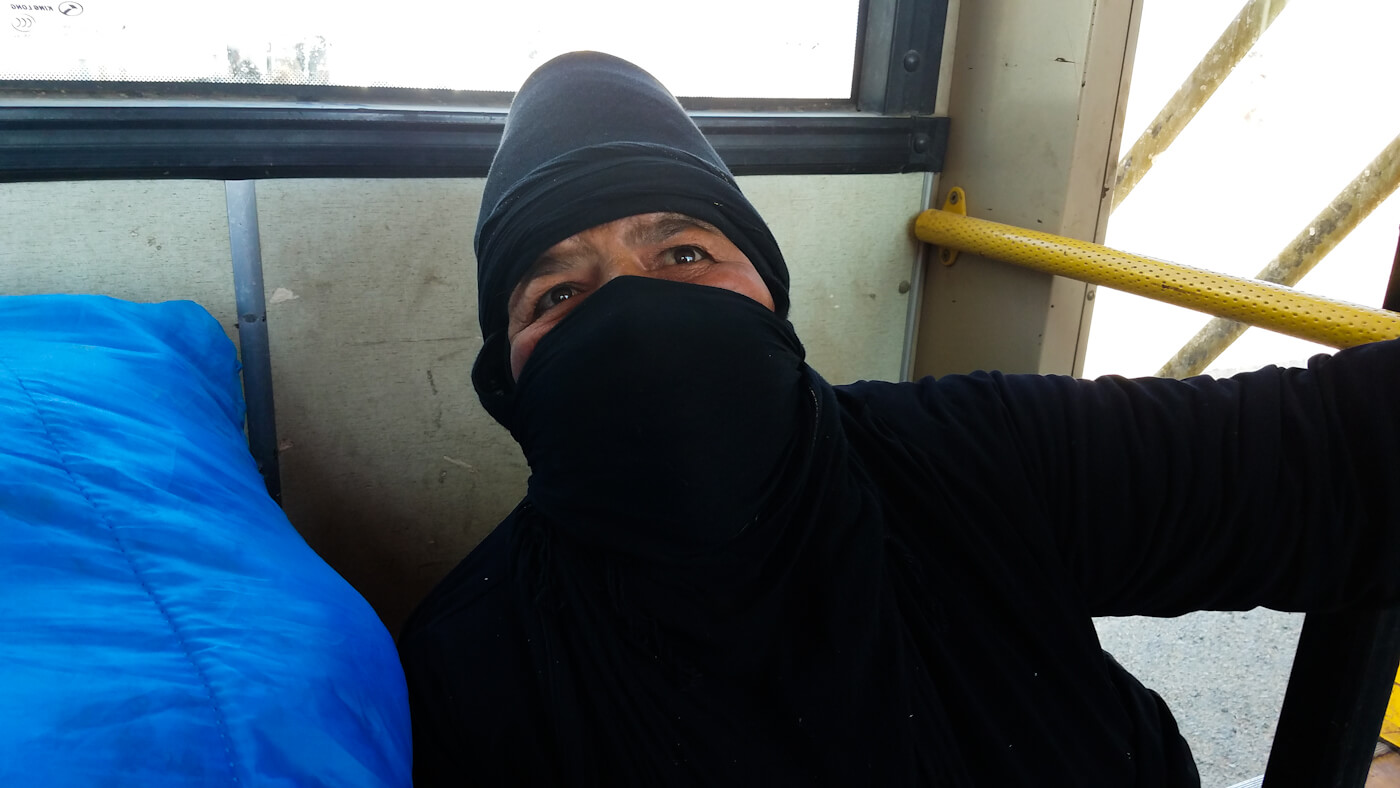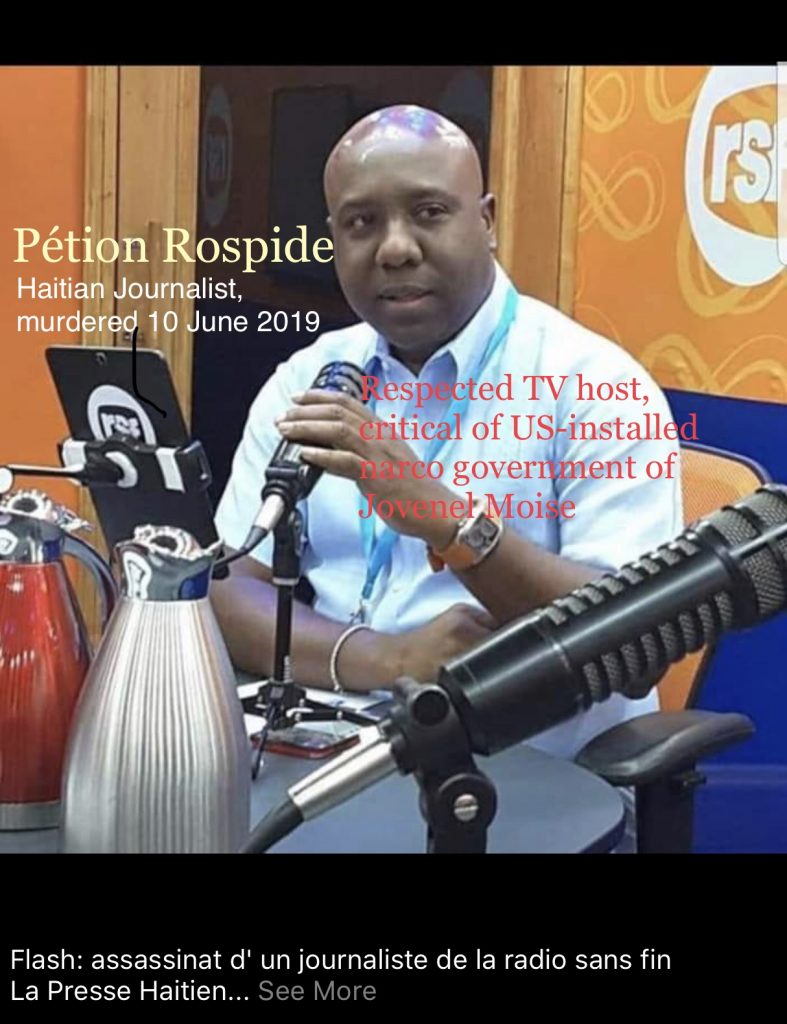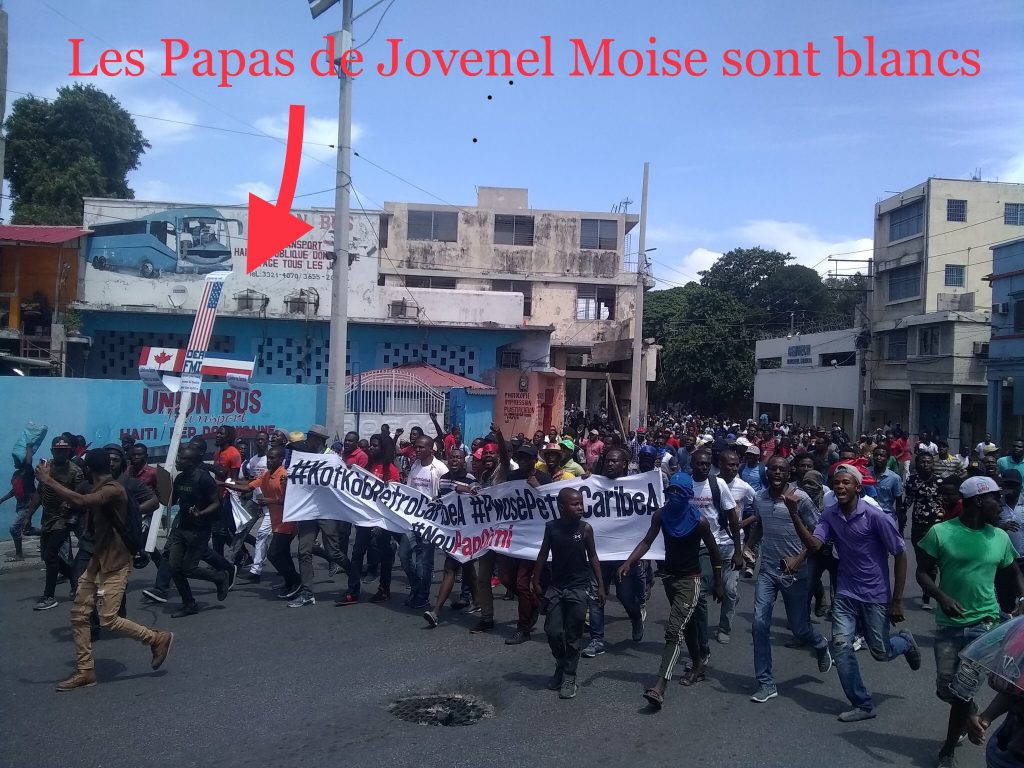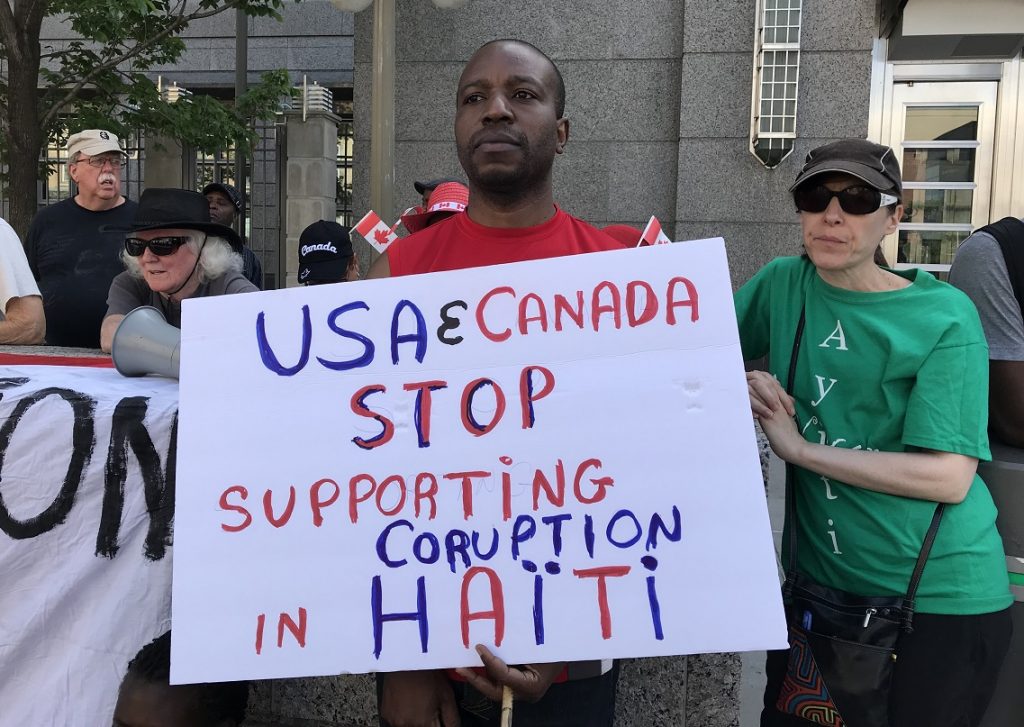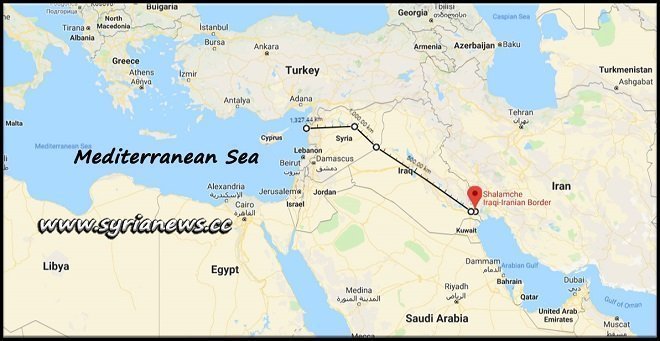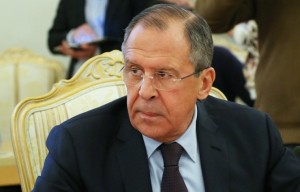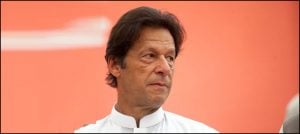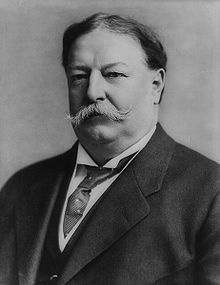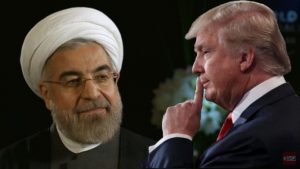Michael Hudson discusses his seminal work of 1972, Super Imperialism: The Economic Strategy of American Empire, a critique of how the US exploits foreign economies through IMF and World bank debt; difference between the IMF and World Bank; World Bank dysfunctional from the outset; loans made in foreign currency only; policy to provide loans for countries to devote their land to export plantation crops; US food and monetary imperialism; U.S. agricultural protectionism built into the postwar global system; promotion of dependency on the US as food supplier; food blackmail; perpetration of world poverty preferred; no encouragement of land reform; privatization of the public domain; America aided, not foreign economies; exploitation of mineral deposits; bribery; foreign nations politically controlled at the top; veto power for US only.
Full transcript below.
Bonnie Faulkner: Michael Hudson, welcome back.
Michael Hudson: It’s good to be back, Bonnie.
Bonnie Faulkner: In your seminal work form 1972, Super Imperialism: The Economic Strategy of American Empire, you write that, “The development lending of the World Bank has been dysfunctional from the outset.” When was the World Bank set up and by whom?
Michael Hudson: It was set up basically by the United States in 1944, along with its sister institution, the International Monetary Fund, and the purpose was ostensibly to create an international order, but an international order that was more like a funnel, that would make other countries dependent on the United States. The United States wanted to be sure that no other country or group of countries, even if all the rest of the world ganged up on the United States, the United States wanted the ability to veto any action by the World Bank or any action by the International Monetary Fund by having veto power in it so that it could make sure that any policy was, in Donald Trump’s words, “We’ve got to win and they’ve got to lose.”
The World Bank from the outset was set up essentially as a branch of the military, of the Defense Department. John J. McCloy, who’d negotiated the end of World War II, was the first full-time president—he later became head of Chase Manhattan Bank—and McNamara, another Defense Department person, was in charge of it, and then the recent heads have all been either Defense Department heads or clients of the Defense Department. So I think you can look at the World Bank, always, as the presumably soft imperialist shoe of American diplomacy.
Bonnie Faulkner: What is the difference between the World Bank and the International Monetary Fund, the IMF? Or is there a difference?
Michael Hudson: Yes, there is a difference. The World Bank was supposed to make loans for what they call international development. Development was their euphemism for dependency. The World Bank was supposed to provide infrastructure loans that other countries would go into debt to American engineering firms for, to build up their export sectors and their plantation sectors. So there would be roads, port development for imports and exports. Essentially, they would make long-term capital investments in the foreign trade sector.
The IMF was in charge of foreign currencies. The aim of the IMF was quite explicitly to prevent any country from imposing capital controls to protect its balance of payments. Many countries had a dual exchange rate, one exchange rate for trade in goods and services, the other exchange rate for capital movements. The function of the IMF was essentially to make other countries borrow, not in their own currencies, but in dollars, and to make sure that if countries could not pay their dollar-denominated debts, they had to impose austerity. And the IMF developed a plan, saying any country can pay any amount of debt to the creditors if it just impoverishes its labor enough.
So whenever countries were unable to pay their debt service, the IMF would tell them to raise the interest rate, to bring on a business cycle depression, and to break up the labor unions, which is called rationalizing the labor force. The rationalizing was essentially to take away any ability of labor unions or the public sector, and to prevent countries from essentially following the line of development that had made the United States rich – by public subsidy of agriculture, public subsidy of industry, an active government sector. The IMF was essentially promoting and forcing other countries to balance their trade deficits by letting American investors and other investors buy control of their commanding heights, mainly their infrastructure monopolies.
Bonnie Faulkner: Now, Michael, when you first began speaking about the IMF and monetary controls, you mentioned that there were two rates of currency in countries. What were you referring to?
Michael Hudson: When I went to work on Wall Street in the ‘60s, I was Balance of Payments Economist for Chase Manhattan and we used the IMF’s international financial statistics. At the very top of each country, there would be the exchange rate. The countries would have two exchange rates: one exchange rate, which was set normally by the market, for goods and services, but then a different exchange rate that was managed for international capital movements, and that was because countries were trying to prevent capital flight. That is, they didn’t want the wealthy classes to essentially make a run on their own currency, which is something that happened continually in Latin America.
The IMF and the World Bank both backed the cosmopolitan classes, the wealthy classes, and essentially, instead of having countries control their capital outflows and prevent capital flight, the IMF said, “Well, our job is to protect the richest one percent of every country. So when a country’s having trouble, a balance of payments problem, when its trade deficit—that the World Bank has sort of steered them into and American diplomacy has steered them into—when that’s creating a currency crisis, we have to let the rich people get their money out of the country in a hurry. So we’re going to make a loan to Argentina or Brazil or whatever country to support the currency until all of the wealthy people have moved their money out of domestic currencies into the dollar or into hard currencies, and then we’ll let the currency collapse after the rich people have gotten out.
The currency will collapse, but since the debts that these Latin American countries owe are in dollars, they now have to pay at twice or even three times as much.” We’re talking about 100% interest rates in domestic currency for these countries to pay, basically to subsidize capital flight. So when you have a hyperinflation—as Chile had, for instance, early on—all hyperinflations of Latin America, just like Germany after World War I, come from trying to pay foreign debts beyond the ability to be paid.
Now, a real international monetary fund that was trying to help countries develop would have said, “Okay, banks and we, the IMF, have made bad loans to the country. We’ve made loans that the country can’t pay, so we’re going to have to write down the loans to the ability to be paid.” That’s what happened in 1931, when finally the world stopped German reparations payments and inter- ally debts stemming from World War I. Well, the IMF said, “We want to prevent any move by other countries to bring the debt volume within the ability to be paid. We want to use debt as essentially America would use its military power. We want to use debt and credit as a means of controlling the lifeline of other countries. So if countries do something that we don’t approve of, we can simply make a run on their currency. We can pull the plug financially,” just as the United States has recently threatened to do to Russia and China if they act independently of the United States or simply don’t follow orders. So from the very beginning, this control by the U.S. banking system was built into the world system by the IMF and the World Bank claiming to be international instead of an expression of American nationalism.
Bonnie Faulkner: How do exchange rates contribute to capital flight?
Michael Hudson: It’s not the exchange rate that contributes. Suppose that you’re a millionaire, and you see that the country’s unable to run a trade balance and a balance the payments surplus. The question is, your money that you’re dealing with is in pesos or escudos or cruzeiros or some domestic money, and you say, “Wait a minute. All of the sudden our currency is going to go down and down relative to the dollar,” or the German mark or the Swiss franc in times past, “and we want to get our money out of the country to preserve our currency, our own purchasing power.”
For instance, in 1990 the Latin American countries had defaulted so much in the wake of the Mexico defaults in 1982 that—I was at Scudder Stevens, and they started a Third World Bond Fund that I was asked to put together. At the time, Argentina and Brazil were running such serious balance of payments deficits that they were paying 45% per year interest in dollars, on their dollar loans. Mexico, on its tesobonos, was paying 22.5%.
So Scudders’s salesmen went around to the United States and said, “Look, we can make a huge amount of money, 45%.” No Americans would buy it. They sent their salesmen to Europe. I think Merrill Lynch was the underwriter for the fund. Merrill Lynch went to Europe. They said, “No, no. We’ve all lost our shirts and these countries can’t pay.”
Finally, the Merrill Lynch office in Brazil and in Argentina tried to sell up these bonds in an offshore fund established in the Dutch West Indies—I’m not sure exactly which Dutch West Indies. It was an offshore fund, so Americans were not able to buy it, but who bought all these bonds? The Brazilians and the Argentinian rich families who were very close to the central bank and the president. And it was obvious that they were buying these funds because they knew that they were going to pay these bonds that were being issued, because the bonds were owed to themselves, even though they were in dollars. And we realized that what happened was that these Yankee dollar bonds were really bought by Brazilians, by Latin Americans who were moving their money out of their own currency that was going down, to buy bonds denominated in dollars, which were going up. And the more the local currency went down, the higher the dollar value was worth.
It’s very much like gold going up after the United States went off gold in 1971. The dollar was an appreciating asset relative to the Latin American and other currencies that were in trouble and simply limping along. So the idea of the wealthy families was to make money essentially by currency speculation.
Bonnie Faulkner: If the wealthy families from these countries bought these bonds denominated in dollars, knowing that they were going to be paid off, who was going to be paying them off? The country that was going broke?
Michael Hudson: Yes. Well, countries don’t pay; the taxpayers pay, and in this case, labor pays. The IMF said, “Well, the country can’t pay; it’s in trouble. We certainly don’t want the rich people to have to pay. We want the workers to pay. So the way that you can afford to pay this enormously growing dollar denominated debt in your currency is to lower wages even more.
There’s no limit to which you cannot lower laborers’ wages by enough to make it appealing for them to export. In other words, the IMF and World Bank deliberately used junk economics to pretend that the way to balance the payments of money due to the wealthiest one or two percent, was to lower wage rates for the 99% and to increase the taxes, to impose special taxes on necessities that labor needed, from food to energy to anything supplied by the public infrastructure.
Bonnie Faulkner: So you’re saying that labor ultimately had to pay off these junk bonds?
Michael Hudson: That was the basis of the International Monetary Fund’s development strategy, and I discuss the economics in my History of Trade theory. My Trade Development and Foreign Debt, which is sort of the academic sister volume to Super Imperialism, shows how this IMF idea of stabilization was really an anti-labor theory. That’s why I never had anything to do with the World Bank; I never acted as a consultant for it, as many of my colleagues did. I saw that the World Bank and the IMF were viciously anti-labor from the very outset, working with domestic elites that were tied to and loyal to the United States.
Bonnie Faulkner: And with regard to these junk bonds, who was it or what entity…….
Michael Hudson: Well, they weren’t really junk bonds. They were called junk bonds because they were high interest, but they weren’t really junk because all these 45% bonds were paid. Everybody thought they were junk because, in America, no American would have paid 45% interest. Any country that really was self-reliant and was promoting its own economic interest would have said, “You banks have made bad debts. We’re not going to pay.” And they would have seized the capital flight of their comprador elites and said, “Look, this has been a rip-off by our corrupt ruling class.”
You had exactly the same thing happen in Greece a few years ago, when Greece’s foreign debt was almost all owed to Greek millionaires, holding their money in Switzerland. And all of this is published by the IMF and the IMF said, “Our loyalty is to the Greek millionaires who have their money in Switzerland. The Greek economy will have to pay. It’s worth wrecking the Greek economy, it’s worth forcing emigration, it’s worth wiping out Greek industry, just so the 1%, who are our loyalists, can be paid.” This is what makes the IMF so vicious an institution.
Bonnie Faulkner: Right and these loans to foreign countries that were regarded as junk bonds, really weren’t junk because they were going to be paid. What group was it that jacked up these interest rates to 45%?
Michael Hudson: The market did, because you had American banks, American stock brokerage funds—everybody was looking at the balance and payments of these countries and could see, this county can’t pay its debts, so we’re not going to lend any money, because if we lend them any money, we don’t see how these debts can possibly be paid. No reasonable country would pay debts under these conditions.”
Just last week, you had the same argument in Puerto Rico, and the Puerto Rican debt was written down to the ability to be paid. Other countries didn’t believe that the IMF and the World Bank had such a military strangle hold over Latin American, Asian, and African countries that they could make the countries act in the interest of the United States and the cosmopolitan finance capital, instead of in their own national interest. They didn’t believe that countries would commit financial suicide just to pay their wealthy 1%.
And of course, they were wrong. Countries were quite happy, quite willing to commit economic suicide because the governments were dictatorships; they were dictatorships that were propped up by the United States. That’s why the CIA has assassination teams and why the CIA was actively supporting these countries to prevent any party coming to power that would have acted in the national interest, instead of in the interest of a world division of labor and production that was along the lines that the U.S. central planners wanted for the world. So under the banner of what they called a free market, you had the World Bank and the IMF engage in central planning of a distinctly anti-labor policy. Instead of calling them Third World bonds or junk bonds, you should call them anti-labor bonds, because this was the vehicle for class warfare throughout the world.
Bonnie Faulkner: Well, that makes a lot of sense, Michael, and that answers a lot of the questions I‘ve put together to ask you about all of that. Now you mentioned Puerto Rico writing down debt. I thought these debts couldn’t be written down?
Michael Hudson: Well, that’s what they all said, and they were trading at about 45 cents on the dollar, showing that they could be written down, and The Wall Street Journal just had a report today, Monday the 17th, saying that, for instance, unsecured suppliers, creditors of Puerto Rico, would only get nine cents on the dollar. The secured bond holders would get maybe 65 cents on the dollar.
So the terms are all written down because it’s obvious that Puerto Rico couldn’t pay, and the population was moving out of Puerto Rico into the United States. And if you don’t want Puerto Ricans to act the same way Greeks did and leave Greece when their industry and country was shut down, then you’re going to have to provide some stability, or else you’re going to have half of Puerto Rico living in Florida.
Bonnie Faulkner: Now, who wrote down the Puerto Rican debt?
Michael Hudson: There was a committee that was appointed that calculated how much can Puerto Rico afford to pay out of its taxes. Puerto Rico was a dependency; essentially, it’s an economic colony of the United States. It does not have domestic self-reliance. It’s the antithesis of a democracy, so it’s never been in charge of its own economic policy and essentially had to do whatever the United States told it to do. And obviously there was a reaction, saying, “Look, we don’t want to be part of a United States dependency where we don’t even have self-government.” And the United States said, “We won you fair and square in the Spanish-American war and you’re an occupied country, and we’re going to keep you as an occupied country.” Well, obviously this is causing a political resentment all over the place.
Bonnie Faulkner: Now, you’ve already touched on this, but why has the World Bank, for instance, traditionally been headed by a U.S. secretary of defense?
Michael Hudson: Because its job is to do in the financial sphere what in the past was done by the military sphere. The purpose of a military conquest is to take control of a foreign economy, to take control of its lands and to impose tribute on the defeated country. The genius of the World Bank was to say, “We don’t have to occupy and take over a country in order to impose tribute, in order to take over its industry and its agriculture and its land. Instead of bullets, we can use financial manipulation and maneuvering. As long as other countries play a game that we can control, finance can do today what it used to take bombs and loss of life by our soldiers to do.”
In this case, the loss of life is in the debtor countries, population growth shrinks, suicides go up. The World Bank is economic warfare that is just as destructive as military warfare, and this is exactly what Russia’s President Putin said at the end of the Yeltsin period. He said American neo-liberalism in Russia destroyed more population in Russia than World War II. And the neo-liberalism, which basically is the doctrine of American supremacy and foreign dependency, is the doctrine of the World Bank and the IMF.
Bonnie Faulkner: Why has World Bank policy, since its inception, been to provide loans for countries to devote their land to export crops, instead of giving priority to feeding themselves? And if this is the case, why would countries want these loans?
Michael Hudson: Well, the one constant of American foreign policy is they make the buttress of America’s trade surplus agricultural goods. The aim is to make other countries dependent on American grain exports and food exports. So the first thing that the World Bank has done is not to make any domestic currency loans to help domestic food producers. The World Bank has steered its client countries to produce export crops, namely tropical crops, plantation crops that cannot be grown in the United States just for geographic reasons. By making export crops, this leads other countries to become dependent on American farmers.
The advantage of this to America was shown in the 1950s. Right after the Chinese revolution, the United States tried to prevent Mao’s China from succeeding by imposing grain export controls against China. It tried to starve China out by putting sanctions on exports. Canada was the country that broke these export controls and helped feed China.
But the idea was, if you can make other countries export plantation crops in an over-supply, then prices for cocoa and other tropical products will go down, and they won’t feed themselves. So in the process the United States, instead of backing family farms like the American agricultural policy did, they backed plantation agriculture, especially in Chile, which had the highest natural supply of fertilizer in the world from its guano exports. It exported its guano, rather than using it as fertilizer domestically. It had the most unequal land distribution, and yet it didn’t grow its own grain or food crops. It was completely dependent on the United States for this and it paid by exporting copper and guano and various other products.
So the idea was to create interdependency. That was the euphemism for foreign dependency on the United States. It was a one-way dependency. The United States has always aimed at being self-sufficient in it’s essentials so that no other country could pull the plug on our economy and say, “We’re going to starve you by not feeding you,” because Americans can feed themselves. Other countries can’t say, “We’re going to let you freeze in the dark by not sending you oil, because America’s independent in oil.” But America can use the oil control to make other countries freeze in the dark, and it can starve other countries.
So the idea is to give the United States control of all of the key connections, inter-connections of other economies without letting any country control something that is vital to the working of the American economy.
There’s a double standard here, the United States tells other countries, “Don’t do as we do. Do as we say, not as we do,” and the only way it can enforce this is by interfering in the politics of these countries, as it has interfered in Latin America, always pushing the right wing. For instance, when Hillary in the State Department overthrew the Honduras reformer who wanted to undertake land reform and feed the Hondurans, Hillary said, “This person has to go; he’s bad for American agriculture. We have to have a coup d’état.” And that’s why there are so many Hondurans trying to get into the United States now, because they can’t live in their own country. The effect in every American coup has been the same as it has been in Syria and Iraq. It’s to force an exodus of people who no longer can make a living in the country, and can no longer make a living under the brutal dictatorships that are supported by the United States to enforce this international dependency system.
Bonnie Faulkner: Right. So then when I asked you, why would countries want these loans? I guess what you’re saying is, well, they wouldn’t, and that’s why the U.S. controls these countries politically.
Michael Hudson: That’s a concise way of putting it Bonnie.
Bonnie Faulkner: Why are World Bank loans only in foreign currency and not in the domestic currency of the country to which it is lending?
Michael Hudson: That’s a good point. A basic principle of any debtor or any loan should be no country should borrow in a foreign currency, because it can always pay the loans in its own currency, but there’s no way that it can print the dollars or euros to pay loans denominated in dollars, euros or Swiss francs.
So the idea of making the dollar the central is that other countries have to somehow go through the U.S. banking system. So if a country decides to go its own way, for instance as Iran did in 1953 when it wanted to take over its oil industry from British Petroleum, or Anglo Iranian Oil, as I think it was called back then, the United States can simply interfere and overthrow it. The idea is to be able to use the banking system as the financial inter- connections to stop payments.
For instance, finally, after America installed the Shah’s dictatorship, they were overthrown by Khomeini, and Iran had run up, under the Shah, a U.S. dollar debt. It had plenty of dollars. It held the dollars through—I think Chase Manhattan was its paying agent. So when its quarterly or annual debt payment was due, it told Chase, “Won’t you please pay the bondholders with our money? Here’s the money. Pay it.” And Chase simply refused to. It took orders from the State Department or the Defense Department, I don’t know which, and it refused to pay and once it did not pay, all the American allies said, “Iran is in default. We now want the entire debt paid, because that’s the debt that our puppet, the Shah of Iran signed, and now has all the money.” And America simply grabbed all the money that Iran had in any U.S. bank or anywhere in the United States and began to grab all of its property abroad. This is the money that under the agreement of 2016 was finally returned to Iran without interest. But America was able to grab all of Iran’s foreign exchange just by the banks interfering. And the CIA has bragged, “We can do the same thing with Russia. If Russia does something that we don’t like, we can use the SWIFT bank payment system to suddenly exclude Russia from it.” So somehow the Russian banks and the Russian people and the Russian industry won’t be able to make payments to each other, because they won’t be able to use the SWIFT. So the first thing that this prompted Russia to do was to create its own bank transfer system, and this is leading other countries, from China, Russia, India, Pakistan, to de- dollarize.
Bonnie Faulkner: I was going to ask you, why would loans in a country’s domestic currency be preferable to the country taking out a loan in a foreign currency, but I guess you’ve already explained that if they took out a loan in a domestic currency then they would be able to repay it.
Michael Hudson: Yes.
Bonnie Faulkner: Whereas, I guess a loan in a foreign currency would cripple them.
Michael Hudson: Yes. You can’t create the money, especially if you’re running a balance of payments deficit and if U.S. foreign policy can force you into a payments deficit by either having someone like George Soros make a run on your currency—look at the Asia crisis in 1997. Essentially a lot of Wall Street funds got together and just bet against the foreign currencies, drove them way down, and then used the money to pick up industry cheap in Korea and all sorts of Asian countries. The attempt was to do that in Russia. The only country that was able to avoid all of this was Malaysia, under Mohamed Mahathir, and he used capital controls. And that led the United States to oppose Mr. Mahathir as much as it could. But Malaysia was able to avoid all of this, and essentially it’s an object lesson in how to prevent a currency flight.
But in the case of Latin America and other countries, so much of their foreign debt is really held by their own ruling class. Even though it’s denominated in dollars, Americans don’t owe the bulk of this debt. Really, it’s their own ruling class. But instead of owing the debts domestically, essentially the deal is the IMF and World Bank will dictate economic tax policy to Latin America. They will un-tax wealth and only tax labor so that the wealthy people have an economic surplus. They do what Russian kleptocrats did in the 1990s. They move their money abroad into hard currency areas, such as the United States, or they keep it in dollars, even if it’s in an offshore banking center. And essentially they take their money out of the country instead of using the economic surplus to reinvest and to help the country catch up by investing in becoming independent agriculturally, in terms of energy, financially, and in other ways.
Bonnie Faulkner: You say that, “While U.S. agricultural protectionism has been built into the post-war global system at its inception, foreign protectionism is to be nipped in the bud.” How has U.S. agricultural protectionism been built into the post- war global system?
Michael Hudson: Well, during Franklin Roosevelt’s term in the 1930s, the Agricultural Adjustment Act of 1933 called for price supports to support the price of American crops so that farmers could have enough money to invest not only in plant equipment but in seeds. The Agriculture Department was a wonderful department in spurring new seed varieties, agricultural extension services, marketing services, banking services, and essentially provided state support so that productivity in American agriculture from the 1930s to ‘50s was higher over a prolonged period than that of any other industry in world history. You had amazing agricultural productivity as a result.
The United States, under the World Trade Organization said, all countries have to promote free trade and cannot have government support, except for countries that already have it and we’re the only country that already has it. So essentially that’s what’s called grandfathering in the existing status quo. So the Americans said, “We already have this program on the books so we can do it, but no other country can succeed in agriculture in the way that we have done. You must keep your agriculture backward, except for the plantation crops and growing crops that we can’t grow in the United States.” And that’s what’s so basically evil about the World Bank’s development plan and why anybody who has worked for the World Bank should just be shunned by moral people.
Bonnie Faulkner: According to your book, “Domestic currency is needed to provide price supports and agricultural extension services such as has made U.S. agriculture so productive.” Why can’t infrastructure costs be subsidized to keep down the economy’s overall cost structure if IMF loans are made in foreign currency?
Michael Hudson: Well, that’s the point. If you’re a farmer in Brazil or Argentina or Chile, you’re doing business in domestic currency, and it doesn’t help if somebody gives you dollars because all of your expenses are in domestic currency. So if the World Bank and the IMF can prevent countries from making any domestic currency support, that means they’re not able to support their agriculture, they’re not able to support agricultural services, they’re not able to give price supports, they’re not able to have government marketing services for their local agriculture.
So essentially, the American idea is, America is a mixed economy, where our government has always subsidized capital formation and agricultural industry, and it insists that other countries are socialist or communist if they do what the United States is doing and use their government to support the economy. So it’s a double standard. Obviously, nobody calls America a socialist or communist country for supporting its farmers, but other countries are called socialist or communist and they are overthrown violently if they attempt land reform or attempt to feed themselves.
This is what the Catholic Church’s Liberation Theology was all about. They backed land reform and they backed agricultural self- sufficiency in food, realizing that if you’re going to support population growth, you have to support the means to feed the population. That’s why the United States focused its assassination teams on priests and nuns in Latin America. In Guatemala and Central America, it focused most of the violence against the Catholic Church for trying to promote domestic self-sufficiency.
Bonnie Faulkner: Well, if a country takes out an IMF loan, and they’re obviously going to take it out in dollars, why can’t they take the dollars and convert them into domestic currency to support domestic infrastructure costs?
Michael Hudson: You don’t need a dollar loan to do that. Now were getting in to MMT. Any country can create its own domestic currency. You don’t need dollars to create domestic currency. There’s no reason to borrow in dollars to create your own currency. You can print it yourself or curate it on your computers.
Bonnie Faulkner: Well, exactly.
Michael Hudson: Why borrow dollars at all?
Bonnie Faulkner: That’s exactly right. Well then why don’t these countries print up their own domestic currency?
Michael Hudson: They don’t want to be assassinated. They don’t want to be killed. They don’t want their families to be kidnapped. Nowhere is the violence of American foreign policy more pronounced than in finance, because finance is the most militarized field of all.
If you look at the people who are in charge of foreign central banks, they’ve almost all been educated in the United States and essentially brainwashed. It’s the mentality of foreign central bankers. And the people who are promoted are people who feel personally loyal to the United States, because they know that that’s how to get ahead. Essentially, they’re opportunists working against the interests of their own country, which is why you don’t have socialist central bankers abroad. And you won’t have socialist central bankers as long as central banks are dominated by the International Monetary Fund and the Bank for International Settlements.
Bonnie Faulkner: Right. So we’re right back to the main point here, which is that that the control is by political means, and they control the politics and the power structure in these countries so that they don’t rebel.
Michael Hudson: That’s right. When you have a dysfunctional economic theory that is destructive of an economy instead of productive, this is never an accident. It is always a result of junk economics and dependency economics being sponsored with a lot of money. And I’ve talked to people at the U.S. Treasury and asked this very question. Why is it that they all end up following the United States? And the Treasury officials have said, “We simply buy them off. We simply pay them, and they do it for the money.” So you don’t need to kill them. All you need to do is find people corrupt enough and opportunist enough to know where the money is, and you buy them off.
Bonnie Faulkner: You write that “by following U.S. advice, countries have left themselves open to food blackmail.” What is food blackmail?
Michael Hudson: That means that if you pursue a foreign policy that we don’t like—for instance, if you trade with Iran, that we’re trying to smash up to grab it’s oil—we’ll simply impose sanctions against food exports to you. We won’t sell you any food, and you can starve. And because you’ve followed World Bank advice and not grown your own food, you will starve, because you’re dependent on us, the United States, and on our free world allies. Canada will no longer follow its own policy independently of the United States, as it did with China in the 1950s when it sold grain to China. Now you have Canada and Europe basically falling in line with the U.S. policy as the world’s sort of fracturing into different geographic regions.
Bonnie Faulkner: You write that, “World Bank administrators demand that loan recipients pursue a policy of economic dependency above all on the United States as food supplier.” Was this done to support U.S. agriculture, and obviously it is, but were there other reasons as well?
Michael Hudson: Certainly the agricultural lobby was critical in all of this, and I’m not sure at what point this became thoroughly conscious. I knew some of the World Bank planners, and they all had no anticipation that this dependency would be the result. They all believed the free-trade junk economics that’s taught in the schools’ economics departments and for which Nobel prizes are awarded. They just didn’t think. If they did think, they wouldn’t be economists.
So when we’re dealing with economists and planners, we’re dealing with tunnel-visioned people, who stayed in the discipline despite its unreality because they sort of think that abstractly it all makes sense, and they’re not reality grounded. There’s something autistic about most economists, which is why the French had their non-autistic economic site for many years. So it’s the mentality at work, a mentality that every country should produce what it’s best at, not realizing that, wait a minute, a country also has to be self-sufficient in essentials, otherwise we’re in a real world of military and economic warfare.
Bonnie Faulkner: Why does the World Bank prefer the perpetration of world poverty, rather than the development of adequate overseas capacity to feed the peoples of developing countries?
Michael Hudson: World poverty is its solution. It’s not a problem for the World Bank. It looks at world poverty as low- priced labor, creating a competitive advantage for countries that produce labor intensive goods. So poverty for the World Bank and for the IMF is an economic solution, and that’s built into the IMF’s models that I discuss, both there and in my Trade Development and Foreign Debt book. Poverty is to them the solution. It means low-priced labor, and low-priced labor means higher profits for companies, especially companies that are bought out by international investors such as U.S., British, and European investors. So it’s part of the class war, that’s what the class war is all about, profits versus poverty.
Bonnie Faulkner: In general then, what is U.S. food imperialism? How would you characterize it?
Michael Hudson: It’s making America the producer of essential foods and other countries producing inessential plantation crops, but remaining dependent on the United States for grain, soy beans, and basic food crops.
Bonnie Faulkner: Does World Bank lending encourage land reform in former colonies?
Michael Hudson: No. If there is land reform, the CIA sends its assassination teams in and you have mass murder, as you had in Guatemala, Ecuador, Central America, and Columbia. The World Bank is absolutely committed against land reform.
Bonnie Faulkner: Does the World Bank insist on client governments privatizing their public domain and if so, why and what is the effect?
Michael Hudson: Yes, it does insist on privatization. It pretends that this is efficient, but what it does is privatize natural monopolies—the electrical system, the water system, the things that people need. And foreigners take over, essentially finance them with foreign debt, build the foreign debt into the cost structure, and vastly raise the cost of living and doing business in these countries thereby crippling them economically. The effect of World Bank planning is to cripple any country economically so that it cannot compete with the United States and its European allies.
Bonnie Faulkner: Would you say then that it is mainly America that has been aided, not foreign economies that borrow from the World Bank?
Michael Hudson: That’s why the United States is the only country with veto power in the IMF and World Bank. That’s why they have veto power, to make sure that what you just described is exactly what happens.
Bonnie Faulkner: Why do World Bank programs accelerate the exploitation of mineral deposits for use by other nations?
Michael Hudson: Because if you look at what the World Bank loans are for, most of them are for transportation, roads, harbor development, the infrastructure that’s needed for exporting these minerals. So the World Bank doesn’t make loans for projects that help the country develop in its own currency. By making only foreign currency loans, by making only loans in dollars or maybe euros now, the World Banks says, “Well, you’ve borrowed this foreign currency. Therefore, you have to repay by—the projects that we fund have to generate foreign currency. And the only way you can repay in dollars, the dollars that we’ve paid you to pay the American engineering firms that have built your dams and built your infrastructure, is to export, to earn enough dollars to pay us back for the money that we’ve lent.”
This is what Perkins’s book is all about, saying that he finally realized that what his job was, was to get countries to invest, to borrow dollars to build huge projects that really couldn’t be repaid and could only be repaid by the country exporting even more and even more, which required breaking its labor unions and lowering wages so that it could afford to be competitive in the race to the bottom that the World Bank and the IMF are encouraging.
Bonnie Faulkner: And you point out also, in Super Imperialism, that mineral resources represent diminishing assets so that these countries that are exporting mineral resources are being depleted while the importing countries aren’t.
Michael Hudson: That’s right. They’ll end up like Canada. The end result of Canadian development is going to be a big hole in the ground. You’ve dug up all your minerals and in the end all you have is a hole in the ground and a lot of the refuge and the pollution that all of the mining slag and what Marx called the excrements of production end up left.
So yes, it’s not a sustainable development. The World Bank says only the United States can pursue sustainable development. So naturally, they call their program Sustainable Development, but what they mean by sustainable development is only for the United States, not for the World Bank’s client countries.
Bonnie Faulkner: When Super Imperialism: The Economic Strategy of American Empire was originally published in 1972, how was it received?
Michael Hudson: Very positively. It really enabled my career to take off. I received a phone call a month later by someone from the Bank of Montreal saying they had just made $240 million on the last paragraph of my book; what would it cost to have me come up and give a lecture? And so I began lecturing once a month at $3,500 a day, moving up to $6,500 a day, and became the highest-paid daily per diem Economist on Wall Street for quite a few years.
I was immediately hired by the Hudson Institute to explain Super Imperialism to the Defense Department that said it did not understand how imperialism had actually been able to run rings around European imperialism and they gave the institute an $85,000 grant to have me go to the White House in Washington to explain to them how American imperialism worked. And the Americans used it as a how-to-do-it book.
The socialists, who I expected to have a response, decided to talk about other topics than economic topics and not much happened. So much to my surprise it became a how-to-do-it book for imperialists. It was translated by, I think, the nephew of the Emperor of Japan into Japanese. He then wrote me that the United States opposed the book being translated into Japanese. It later was translated. It was received very positively in China, where I think it sold more copies in China than any other country.
It was translated into Spanish, and most recently it was translated into German and German officials have asked me to come and discuss it with them. So the book has been accepted all over the world as this is how the system works.
Bonnie Faulkner: Now, in closing then, do you really think that the U.S. government officials and others didn’t understand how their own system worked?
Michael Hudson: They might not have understood in 1944 that this is going to be the consequence, but by the time 50 years went by, you had an organization called 50 Years Is Enough. And by that time, anybody should have understood. By the time Joe Stiglitz became the chief economist of the World Bank, there was no excuse for him not understanding how the system worked. And finally, he was amazed to find that, indeed, the system didn’t work and resigned, but he should have known at the very beginning what it was all about. If he didn’t understand how it was until he actually went to work there, you can understand how hard it is for most academics to get through the vocabulary of junk economics, the patter-talk of free trade and free markets to understand how the system actually is exploitative and destructive.
Bonnie Faulkner: Michael Hudson, thank you very much.
Michael Hudson: It’s really good to be here, Bonnie. I’m glad you ask questions like these.
I’ve been speaking with Dr. Michael Hudson. Today’s show has been: The IMF and World Bank: Partners in Backwardness. Dr. Hudson is a financial economist and historian. He is president of the Institute for the Study of Long-Term Economic Trend, a Wall Street financial analyst and Distinguished Research Professor of Economics at the University of Missouri, Kansas City. His 1972 book, Super Imperialism: The Economic Strategy of American Empire, a critique of how the United States exploited foreign economies through the IMF and World Bank, the subject of today’s broadcast, is posted in PDF format on his website at michael-hudson.com. He is also author of Trade, Development and Foreign Debt, which is the academic sister volume to Super Imperialism. Dr. Hudson acts as an economic advisor to governments worldwide on finance and tax law. Visit his website at michael-hudson.com.
Guns and Butter is produced by Bonnie Faulkner, Yarrow Mahko and Tony Rango. Visit us at gunsandbutter.org to listen to past programs, comment on shows, or join our email list to receive our newsletter that includes recent shows and updates. Email us at [email protected]. Follow us on Twitter at #gandbradio.



